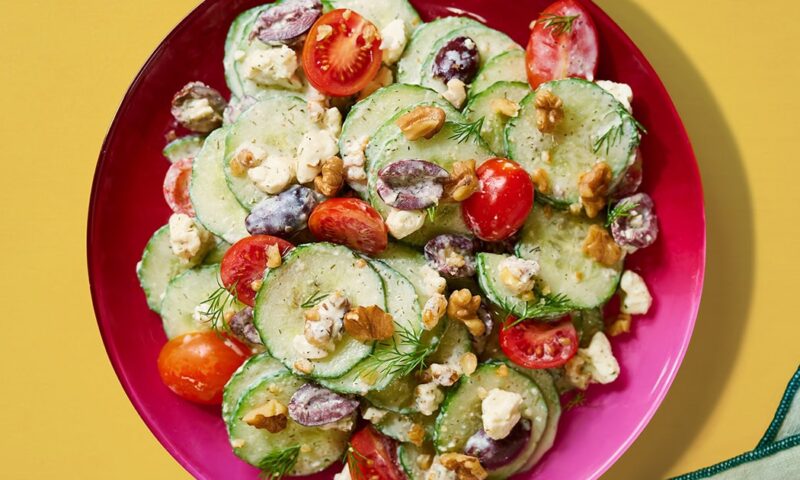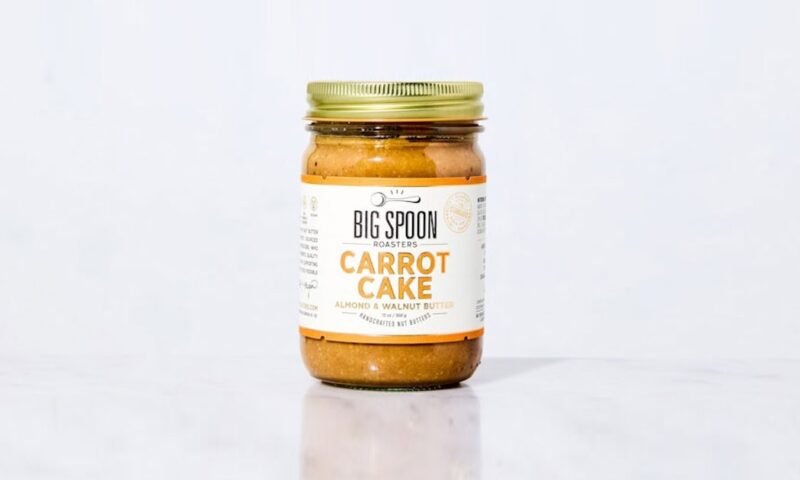Do you know about the Power of 3? Walnuts are the only tree nut that is an excellent source of omega-3 ALA (2.5g/oz), which research shows may play a role in heart health, brain health and healthy aging.1,2,3 However, according to a study published in Nutrition Journal, despite these powerful benefits, more than 90% of Americans aren’t getting enough omega-3 in their diet.4 Unlock the Power of (omega) 3, one handful of walnuts at a time! One ounce of walnuts offers 18g of total fat, 2.5g of monounsaturated fat, 13g of polyunsaturated fat including 2.5g of alpha-linolenic acid – the plant-based omega-3.
Toni Okamoto from Plant-Based on a Budget knows just how essential and versatile walnuts are for those looking to eat more plants and add more nutrients to their everyday meals. Her recipe for this Plant-Forward Bagel Sandwich features a walnut pesto that’s so simple to make and can be added to just about anything: breakfast, lunch or dinner! For a flavorful plant-forward lunch option, spread this walnut pesto on a veggie bagel sandwich loaded up with your favorite toppings, like tomato and avocado.
How to Make this Bagel Sandwich with Walnut Pesto
Grab a food processor or blender to get started!
Ingredients:
- 1 cup California walnuts
- 1/2 cup tightly packed fresh basil leaves
- 1 tsp minced garlic
- 1/2 cup olive oil
- 2 tablespoons nutritional yeast
- 1/4 teaspoon salt, or to taste
- 4 medium bagels
- 2 medium tomatoes, sliced
- 1 very large avocado, peeled pitted and sliced
- 1 cup of alfalfa sprouts or chopped lettuce
Directions:
- Place walnuts, basil, oil, nutritional yeast and salt in a small blender or food processor. Blend on high until smooth and creamy, scraping down the sides as needed.
- Slice bagels in half horizontally and toast.
- Spread 1 1/2 tablespoons of pesto on each bagel half. Top bagel bottoms with tomato, avocado and sprouts or lettuce, finish with bagel tops.
Show how you’re doing more for your health, one handful of walnuts at a time, by sharing on social media using the hashtag #SharethePowerof3 and tagging @CAWalnuts. Visit this curated collection of plant-forward lunch recipes for more inspiration.



